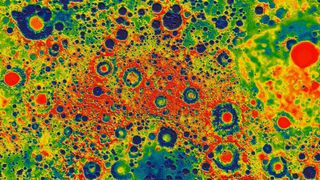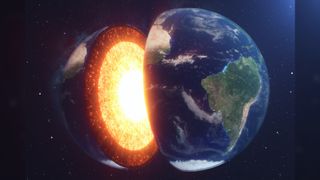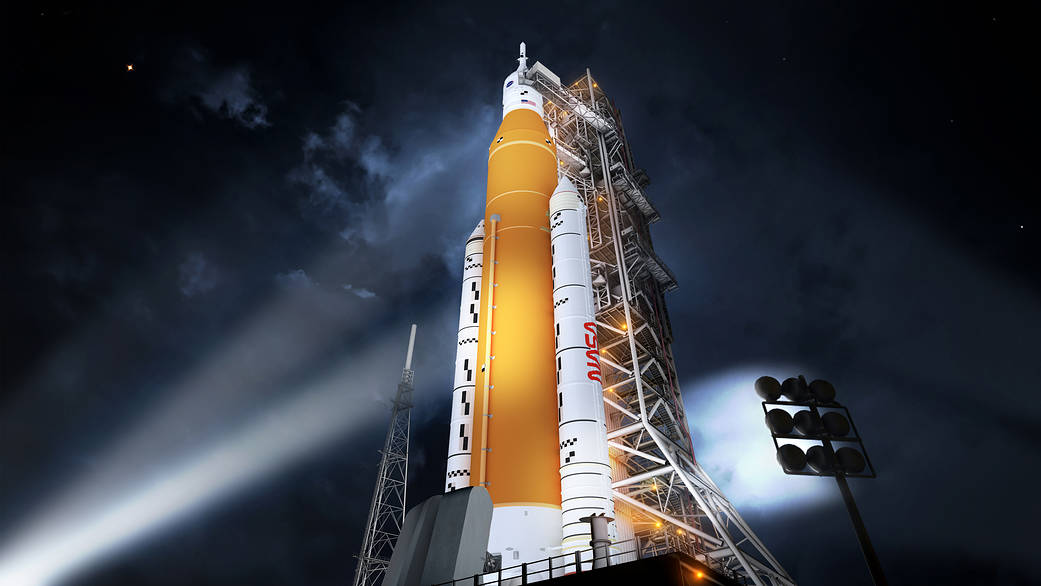
Stephanie Pappas
Stephanie Pappas is a contributing writer for Live Science, covering topics ranging from geoscience to archaeology to the human brain and behavior. She was previously a senior writer for Live Science but is now a freelancer based in Denver, Colorado, and regularly contributes to Scientific American and The Monitor, the monthly magazine of the American Psychological Association. Stephanie received a bachelor's degree in psychology from the University of South Carolina and a graduate certificate in science communication from the University of California, Santa Cruz.
Latest articles by Stephanie Pappas
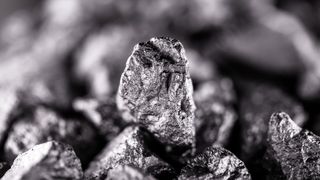
China discovers never-before-seen ore containing a highly valuable rare earth element
By Stephanie Pappas published
A new ore, dubbed niobobaotite, was discovered in Inner Mongolia's Bayan Obo deposit and contains the rare earth element niobium — a valuable metal that acts as a superconductor and could revolutionize battery technology.
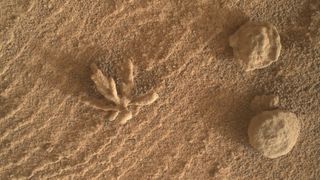
15 Martian objects that aren't what they seem
By Stephanie Pappas, Natalie Wolchover, Brandon Specktor published
From Martian 'faces' to blueberries and bears, the Red Planet has long tricked human minds into seeing signs of life that aren't there.
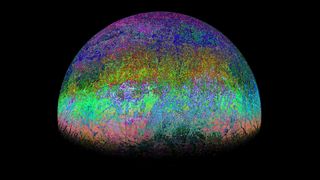
James Webb telescope finds potential signature of life on Jupiter's icy moon Europa
By Stephanie Pappas published
The discovery of seemingly home-grown carbon dioxide suggests Europa's ice-covered ocean could be habitable.
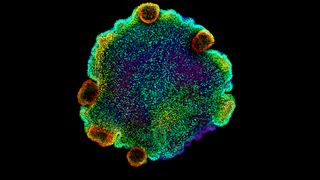
Bizarre blob-like animal may hint at origins of neurons
By Stephanie Pappas published
Placozoans, animals so simple they look like blobby pancakes, have been found to contain cells that may hold the ancestors of modern neurons.
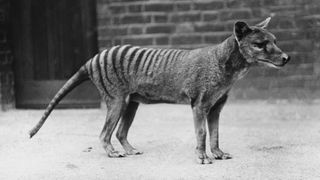
RNA extracted from a extinct Tasmanian tiger for the 1st time
By Stephanie Pappas published
Researchers analyzed RNA from the 130-year-old tissue of a Tasmanian tiger, a carnivorous marsupial that went extinct nine decades ago.

Earth's biggest cache of pink diamonds formed in the breakup of the 1st supercontinent 'Nuna'
By Stephanie Pappas published
The Argyle formation in Australia, which hosts 90% of the world's pink diamonds, formed when the first supercontinent broke up.
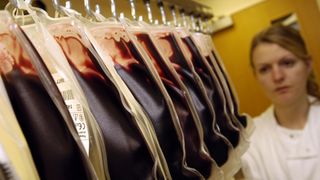
Blood transfusions might transfer proteins involved in brain hemorrhage — but it would be incredibly rare
By Stephanie Pappas published
The risk of a rare type of brain hemorrhage may be transmissible, though the absolute risk is very low.
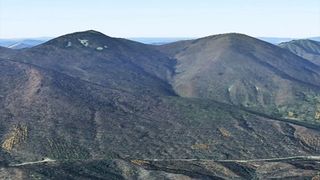
World's 1st mountaintop impact crater discovered in northeastern China
By Stephanie Pappas published
A two-peaked mountain in northeastern China is the site of the world's first confirmed mountaintop crater.

Anatolian fault that gave rise to deadly Turkey and Syria quakes formed 5 million years ago
By Stephanie Pappas published
A new study traces the birth of a tectonic plate.
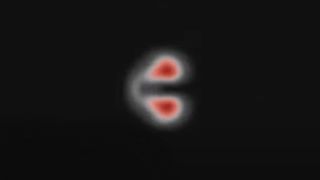
Scientists manipulate quantum mechanics to slow down a chemical reaction by 100 billion times
By Stephanie Pappas published
Using a quantum device, researchers have observed, for the first time, a molecular process called conical intersection that is important in reactions such as photosynthesis.
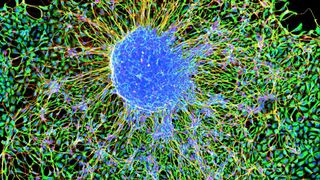
Scientists reveal the hidden math that governs how neurons cluster in the brain
By Stephanie Pappas published
In humans and several other mammals, brain cells are distributed according to a fundamental mathematical pattern, which could help researchers make better models of the brain in the future.

Hot weather could boost aggression — but only in certain conditions
By Stephanie Pappas published
Under some circumstances, people may become more aggressive when they're overheated. But other decision-making doesn't seem to be affected.
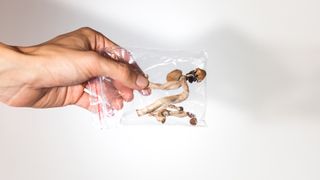
Hallucinogen use hits record-high in adults, survey reveals
By Stephanie Pappas published
An annual survey started in 1975 suggests that more adults under 50 are using hallucinogens.
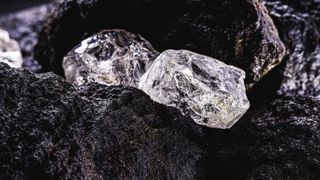
Fountains of diamonds erupt from Earth's center as supercontinents break up
By Stephanie Pappas published
Researchers have discovered a pattern where diamonds spew from deep beneath Earth's surface in huge, explosive volcanic eruptions.
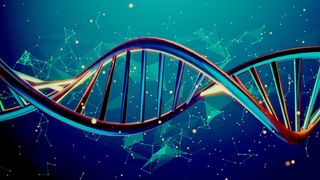
Scientists uncover hidden math that governs genetic mutations
By Stephanie Pappas published
The ability of a gene to keep functioning despite mutations shows a surprising link to fundamental math.
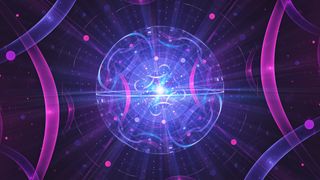
'Quantum superchemistry' observed for the 1st time ever
By Stephanie Pappas published
A new type of chemistry performed at very cold temperatures on very small particles enables quick, precise reactions.

Nearly 170 genes determine hair, skin and eye color, CRISPR study reveals
By Stephanie Pappas published
Black hair? Green eyes? More than 160 genes determine your coloration, and their interactions are incredibly complicated.

The worst droughts in US history
By Stephanie Pappas last updated
From the Middle Ages to today, North America has experienced a number of extremely dry periods.
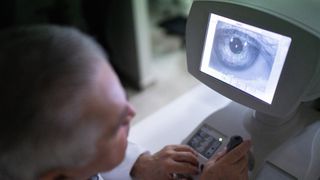
Weird 'gut-eye axis' links the retina and intestines, and may help explain glaucoma
By Stephanie Pappas published
A type of immune cell that travels from the gut to the eyeballs may help to explain why some people with glaucoma continue to lose their vision after treatment.
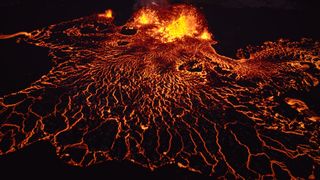
Deadly swarm of earthquakes in Japan caused by magma moving through extinct volcano
By Stephanie Pappas published
Over 10,000 earthquakes have hit the Noto Peninsula over the last three years. They are believed to be emanating from an long-dead volcano, with fluids pushing through the collapsed system.

What happens when a nuclear bomb explodes?
By Stephanie Pappas last updated
When a nuclear bomb goes off, the blast is only the beginning.
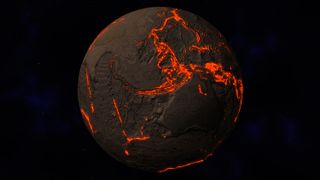
Earth's plate tectonics traced back to 'tipping point' 3.2 billion years ago
By Stephanie Pappas published
Researchers analyzing ancient deposits in Australia found evidence that Earth's layers started to get mixed up — a fingerprint of plate tectonics — about 1.3 billion years after the planet formed.
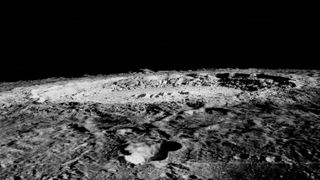
The 'man in the moon' may be hundreds of millions of years older than we thought
By Stephanie Pappas published
Much of the moon's surface is 200 million years older than previously estimated, a new analysis suggests.
Get the world’s most fascinating discoveries delivered straight to your inbox.
